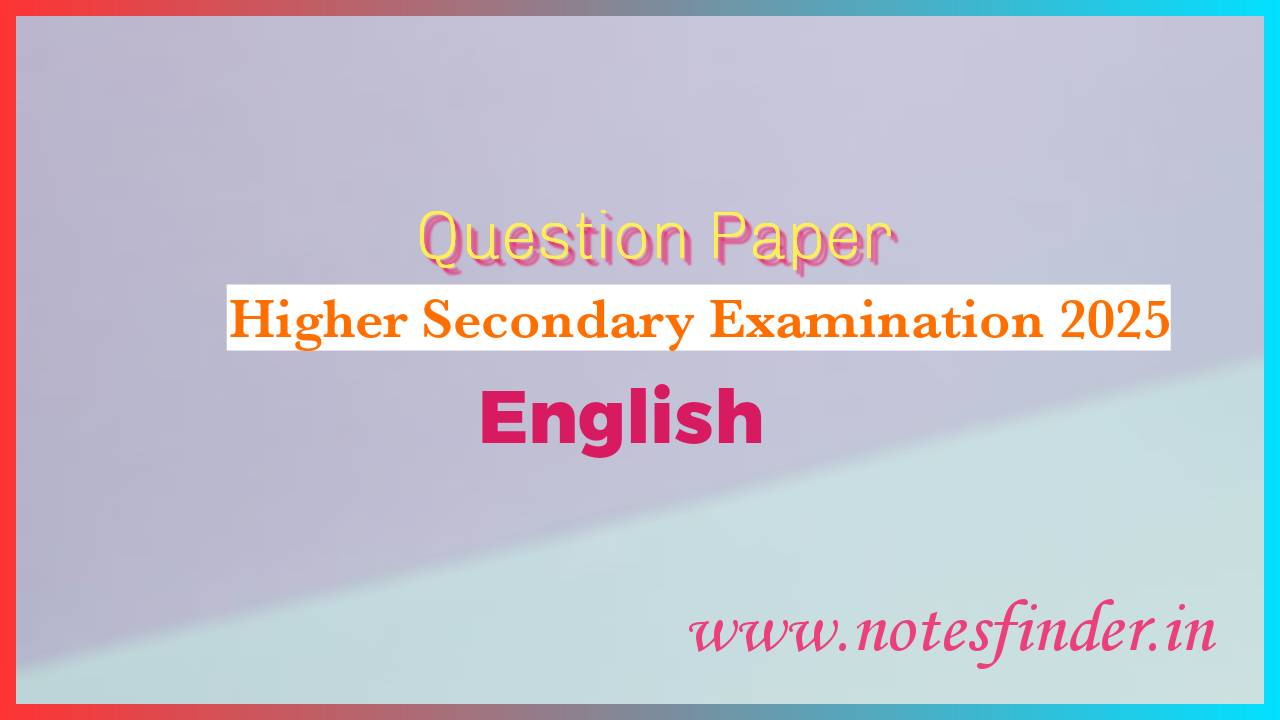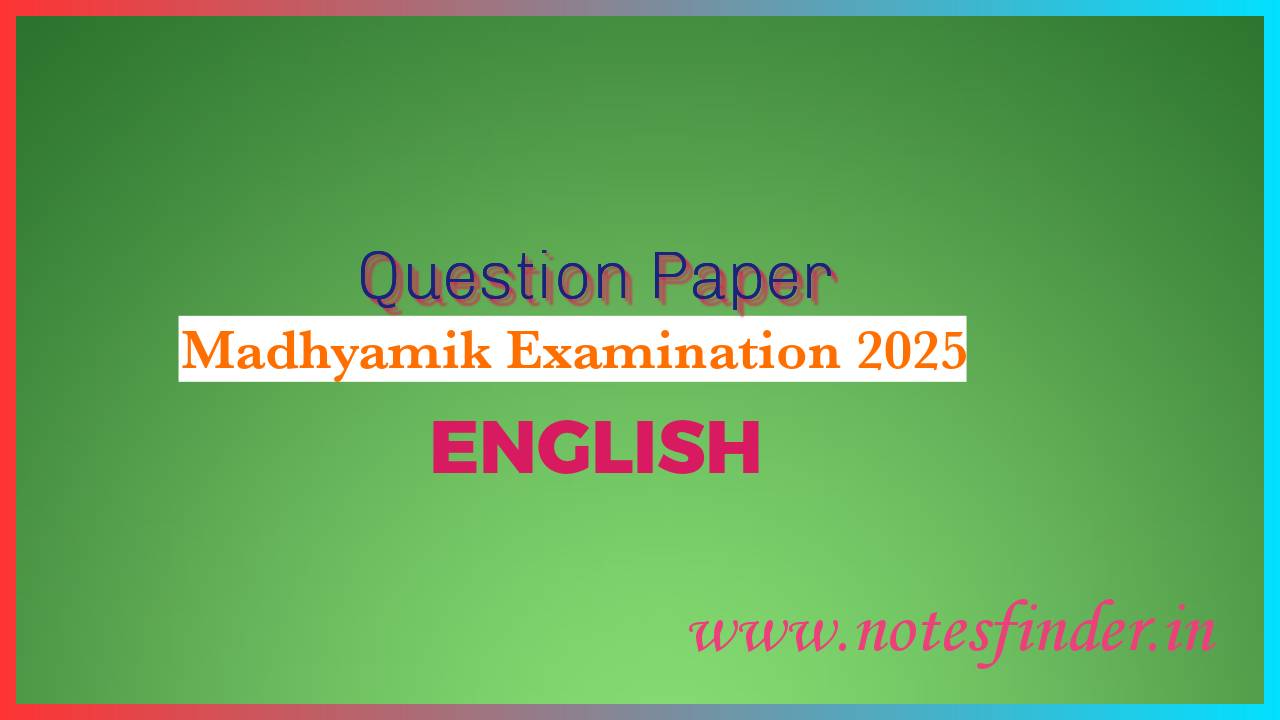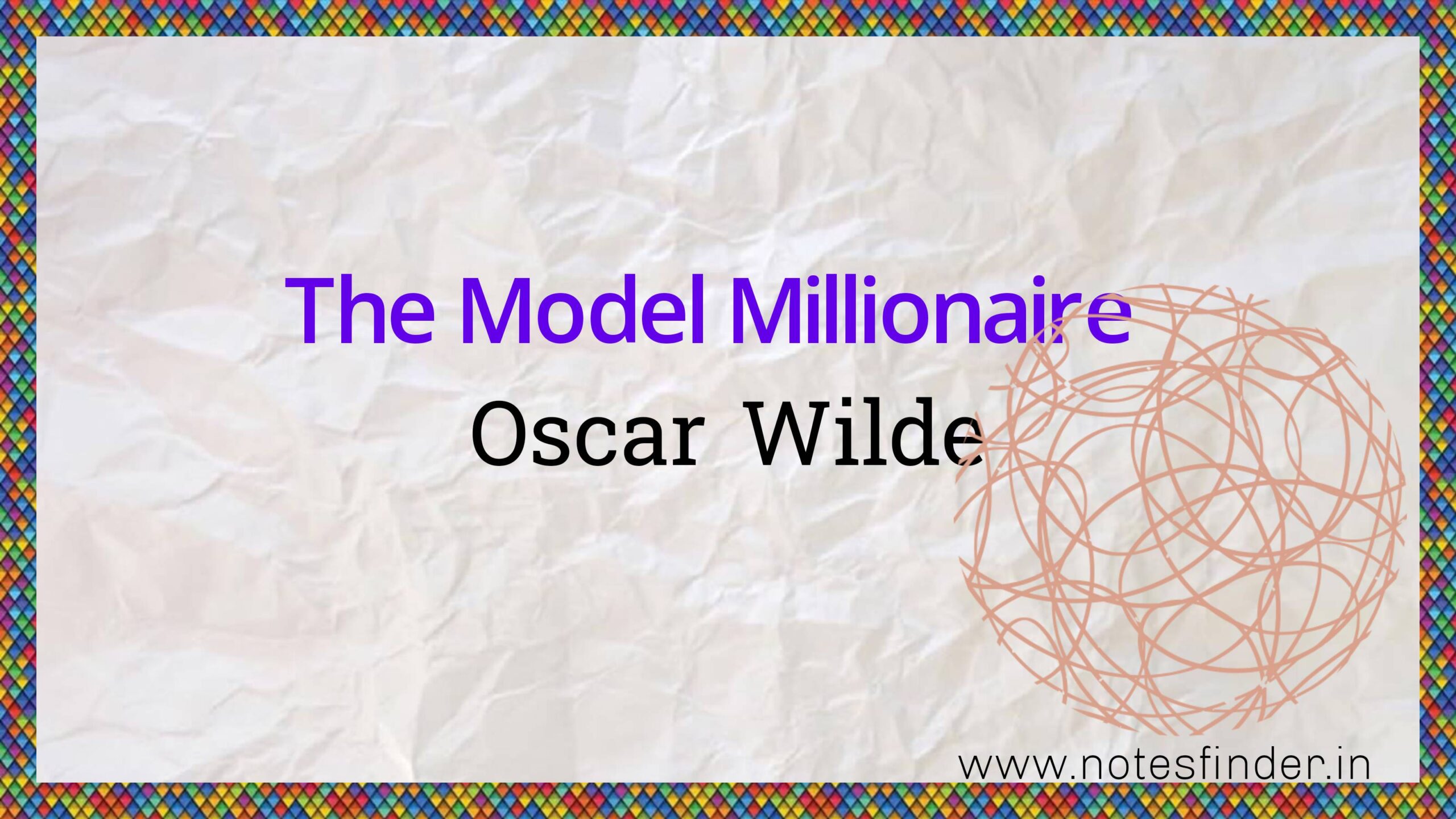1. What came up out of the sea?
a) A ship
b) A wind
c) A bird
d) A mist
Answer: b) A wind
2. What did the wind say to the mists?
a) “Sail on, ye mariners”
b) “Awake! it is the day”
c) “Make room for me”
d) “Hang all your leafy banners out”
Answer: c) “Make room for me”
3. What did the wind say to the forest?
a) “Bow down, and hail the coming morn”
b) “Awake, O bell! proclaim the hour”
c) “Shout!”
d) “Your clarion blow; the day is near”
Answer: c) “Shout!”
4. What did the wind say to the wood-bird?
a) “Awake and sing”
b) “Make room for me”
c) “Hang all your leafy banners out”
d) “Sail on, ye mariners”
Answer: a) “Awake and sing”
5. What did the wind say to the farms?
a) “Bow down, and hail the coming morn”
b) “Awake, O bell! proclaim the hour”
c) “Sail on, ye mariners”
d) “Your clarion blow; the day is near”
Answer: d) “Your clarion blow; the day is near”
6. What did the wind whisper to the fields of corn?
a) “Awake! it is the day”
b) “Bow down, and hail the coming morn”
c) “Hang all your leafy banners out”
d) “Sail on, ye mariners”
Answer: b) “Bow down, and hail the coming morn”
7. What did the wind shout through?
a) The forest
b) The belfry-tower
c) The churchyard
d) The farms
Answer: b) The belfry-tower
8. What did the wind say to the bell?
a) “Awake, O bell! proclaim the hour”
b) “Bow down, and hail the coming morn”
c) “Sail on, ye mariners”
d) “Your clarion blow; the day is near”
Answer: a) “Awake, O bell! proclaim the hour”
9. What did the wind do when it crossed the churchyard?
a) It shouted
b) It whispered
c) It sighed
d) It cried
Answer: c) It sighed
10. What did the wind say to the churchyard?
a) “Awake, O bell! proclaim the hour”
b) “Bow down, and hail the coming morn”
c) “Not yet! in quiet lie”
d) “Sail on, ye mariners”
Answer: c) “Not yet! in quiet lie”
11. The wind in ‘ Daybreak ” whispered to
a) the field of corn
b) the field of paddy
c) the field of football
d) the field of rose
Answer : a) the field of corn
12. The lines ” O Chanticleer , Your Clarion blow ; the day is near ” refer to
a) the crowing of the rooster at dawn
b) a man blowing a trumpet in an orchestra
c) the rooster blowing a trumpet in an orchestra
d) a rooster and a man in an orchestra
Answer: a) the crowing of the rooster at dawn
13. The poet means by the term ‘ Daybreak ” is
a) night
b) noon
c) dawn
d) evening
Answer: (c) dawn
14. ” The wind ‘ is a symbol of –
a) an alarm clock
b) a bird
c) a garden
d) a field
Answer: (a) an alarm clock
15. ” Awake , O bell ! proclaim the hour . ” Here ‘proclaim ‘ means –
a) probability
b) declare
c) demand
d) mourn
Answer: b) declare
16. The wind told the churchyard to
a) arise
b) arise quietly
c) lie quietly
d) shout
Answer: c) lie quietly
17. ” Awake , it is the day . ” – Crying this the wind goes to the
a) forest
b) river
c) woodbird
d) far away land
Answer: a) forest
18. ” Not yet ! in quiet lie ” this is said by the wind to
a) the churchyard
b) the mariners
c) the priests
d) the departed souls
Answer: d) the departed souls
19. The poem ‘Daybreak’ is a /an —
a) Nature poem,
b) war poem,
c) elegy,
d) dramatic monologue
Answer: a) Nature poem
20. In the poem ‘Daybreak’ the wind came up out of the —
a) river,
b) sea,
c) cloud,
d) mountain.
Answer: b) sea
21. In the poem ‘Daybreak’ the wind hailed first —
a) the forest,
b) the ships,
c) the cock,
d) the wood bird.
Answer: a) the forest
22. The title of the poem ‘Daybreak’ suggests —
a) new sun,
b) new day,
c) morning,
d) night
Answer: c) morning
23. Which of the words prove that the wind acts like a person —
a) crossed,
b) blew,
c) whispered,
d) came up.
Answer: c) whispered
24. The wind in the poem ‘Daybreak’ asks the forest to —
a) shout,
b) sing,
c) sleep,
d) awake.
Answer: a) shout
25. The wind in the poem ‘Daybreak’ asks the wood bird to —
a) awake,
b) sing,
c) hail the coming morn,
d) awake and sing.
Answer: d) awake and sing.
Read More Leela's Friend - RK Narayan Multiple Choice Questions (MCQ) from Leela's Friend Short Answer Questions (SAQ) from Leela's Friend Long Answer Questions (LAQ) from Leela's Friend Karma - Khushwant Singh Multiple Choice Questions (MCQ) from Karma Short Answer Questions (SAQ) from Karma Long Answer Questions (LAQ) from Karma Jimmy Valentine - O. Henry Multiple Choice Questions (MCQ) from Jimmy Valentine Short Answer Questions (SAQ) from Jimmy Valentine Long Answer Questions (LAQ) from Jimmy Valentine Nobel Lecture - Mother Teresa Multiple Choice Questions (MCQ) from Nobel Lecture Short Answer Questions (SAQ) from Nobel Lecture Long Answer Questions (LAQ) from Nobel Lecture The Place of Art in Education - Nandalal Bose Multiple Choice Questions (MCQ) from The Place of Art in Education Short Answer Questions (SAQ) from The Place of Art in Education Long Answer Questions (LAQ) from The Place of Art in Education Composed Upon Westminster Bridge - William Wordsworth Multiple Choice Questions (MCQ) from Composed Upon Westminster Bridge Short Answer Questions (SAQ) from Composed Upon Westminster Bridge Long Answer Questions (LAQ) from Composed Upon Westminster Bridge Meeting at Night - Robert Browning Multiple Choice Questions (MCQ) from Meeting at Night Short Answer Questions (SAQ) from Meeting at Night Long Answer Questions (LAQ) from Meeting at Night The Sick Rose - William Blake Multiple Choice Questions (MCQ) from The Sick Rose Short Answer Questions (SAQ) from The Sick Rose Long Answer Questions (LAQ) from The Sick Rose Brotherhood - Octavio Paz Multiple Choice Questions (MCQ) from Brotherhood Short Answer Questions (SAQ) from Brotherhood Long Answer Questions (LAQ) from Brotherhood Daybreak - Henry Wadsworth Longfellow Multiple Choice Questions (MCQ) from Daybreak Short Answer Questions (SAQ) from Daybreak Long Answer Questions (LAQ) from Daybreak
Class XI English (Mindscapes)Textual Grammar
- Leela’s Friend – RK Narayan
- Voice Change from Leela’s Friend
- Narration Change from Leela’s Friend
- English Grammar (Do as Directed) from Leela’s Friend
- Karma – Khushwant Singh
- Voice Change from Karma
- Narration Change from Karma
- Transformation of Sentences(1) from Karma
- Transformation of Sentences (2) from Karma
- Jimmy Valentine – O. Henry
- Voice Change from Jimmy Valentine
- Narration Change from Jimmy Valentine
- Nobel Lecture – Mother Teresa
- Voice Change from Nobel Lecture
- Narration Change from Nobel Lecture
- Transformation of Sentences from Nobel Lecture
- The Place of Art in Education – Nandalal Bose
- Voice Change from The Place of Art in Education
- Transformation of Sentences from The Place of Art in Education
- Composed Upon Westminster Bridge – William Wordsworth
- Textual Grammar from Composed Upon Westminster Bridge
- Meeting at Night – Robert Browning
- Textual Grammar from Meeting at Night
- The Sick Rose – William Blake
- Textual Grammar from The Sick Rose
- Brotherhood – Octavio Paz
- Textual Grammar from Brotherhood
- Daybreak – Henry Wadsworth Longfellow
- Textual Grammar from Daybreak



